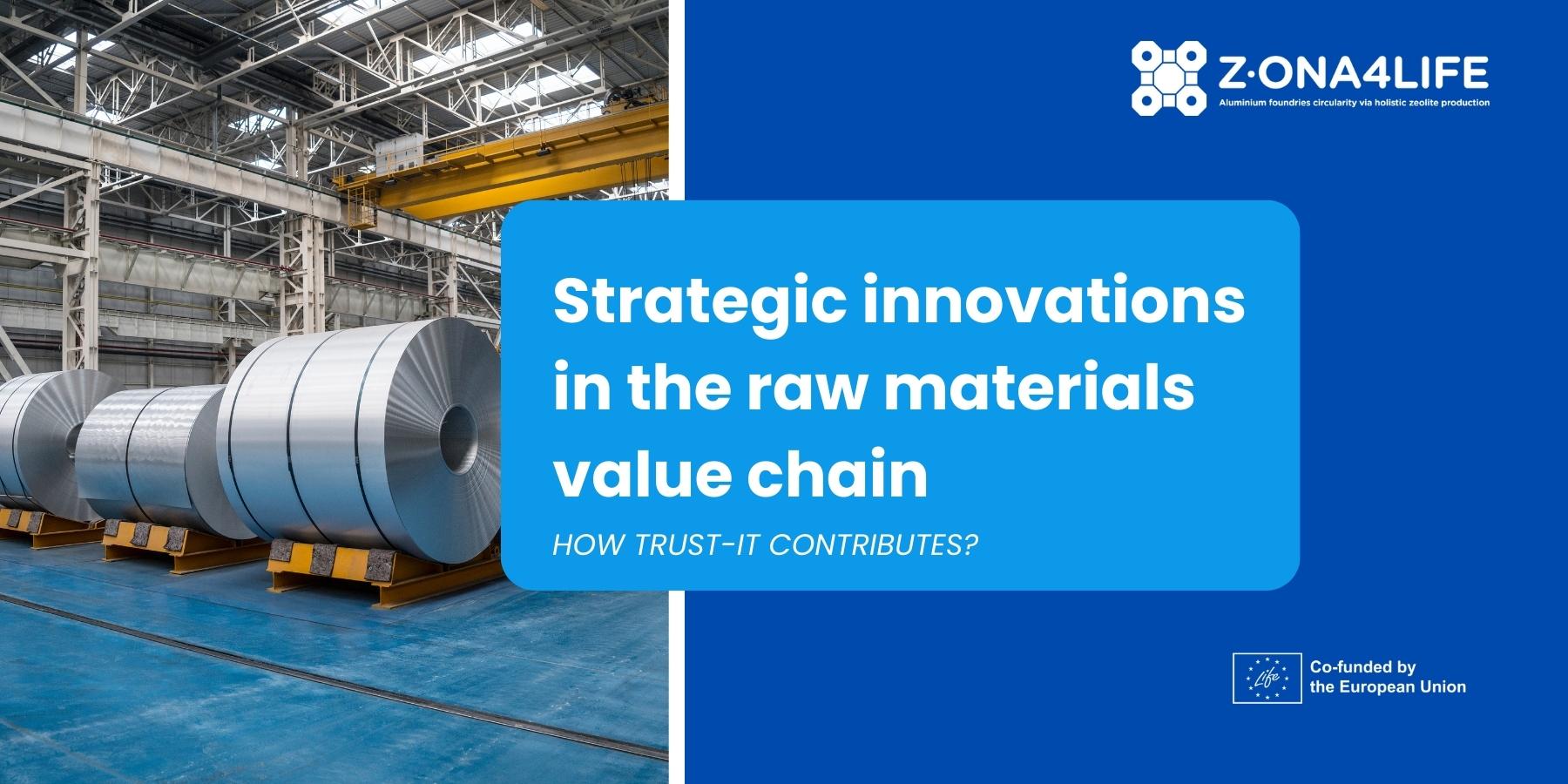
The European Union has recently updated its industrial strategy and adopted the Chemicals Strategy for Sustainability (CSS), aimed at accelerating the green and digital transition. A series of transition pathways, jointly developed with EU Member States, industries, NGOs, and academia, have been identified as necessary actions and conditions to strengthen industry resilience in the face of geopolitical challenges.
Key components of the EU Chemical Strategy focus on strengthening collaboration between industrial players for innovation, ensuring a clean energy supply, promoting feedstock diversification, and advancing technologies such as electrification, hydrogen, biomass, waste management, and carbon capture and utilisation.
Implementation of these actions is expected to enhance the chemical sector's resilience, sustainability, and circularity, in alignment with the European Green Deal.
The chemical industry: one of the most impactful in terms of size and emissions
The chemical industry, the world's second-largest one, contributes $5.7 trillion to the world's Gross Domestic Product (GDP). It plays a crucial role in the economy, fostering innovation and providing employment for almost 120 million people.
However, it is also one of the main contributors to carbon dioxide emissions as it generates approximately 935MT annually. Therefore, the chemical industry necessitates immediate reductions to meet climate targets and align with the Chemicals Strategy for Sustainability. However, this is not an easy task: this sector faces diverse challenges, including increased international competition and volatile energy and feedstock prices, all of which affect chemical value chains and the EU economy.
As outlined in the CSS, strengthening the competitiveness of the chemical industry, demands:
- Enhancing international competitiveness.
- Mitigating existing unsustainable dependencies and vulnerabilities in the supply chain.
- Continuing efforts to support the safety and sustainability of chemicals and materials.
- Actively supporting the innovation and growth of SMEs.
- Cultivating synergies within the chemical industry.
To enhance the international competitiveness of the EU chemical industry, it is crucial to comprehend recent geopolitical developments and their economic implications for the sector. Additionally, there is a need to promote on the market sustainable products. This involves developing, commercialising, deploying, and promoting the adoption of substances and materials.
One way to achieve this involves research and innovation programmes like Horizon Europe, LIFE, or other EU funding mechanisms and private investment instruments, alongside fostering public-private partnerships. It also necessitates the creation of 'market pull' measures and incentives that encourage customers to purchase sustainable products, despite their potentially higher costs.
Innovations in the raw materials value chain thanks to zeolites
Within the industrial sector, zeolite is considered a crucial class of inorganic materials due to its diverse potential applications. These employments span technical, environmental, industrial, commercial, agricultural, cracking and alkylation processes, as well as biomedical applications.
This versatility is given by the zeolite's porous nature and its ion-exchange properties. Zeolites serve as chemical sensors in industrial process control, environmental mitigation efforts (including heavy metals removal and gas capture), and applications such as indoor air quality and medical monitoring. As a consequence, they have gained increased attention in both research and industrial domains.
The utilisation of industrial waste as a raw material for zeolite synthesis holds environmental significance. Indeed, zeolites find extensive use across various technological applications, including environmental engineering (e.g., water treatment and softening), as catalysts and molecular sieve materials, for the removal of radioactive contaminants, in biotechnology and biomedical applications, and in petrochemical processes.
The impact of Z-ONA4LIFE
Research into the application of zeolite in industrial settings has demonstrated its significant benefits. This is the core focus of Z-ONA4LIFE, a project funded by the LIFE programme, which aims to showcase, on a pilot scale, the practicality and cost-effectiveness of producing synthetic Z-ONA zeolite. This process optimises the utilisation of aluminium waste and Si-rich waste, thereby promoting circularity within aluminium foundries. The project's goal is to establish an almost waste-free process by recovering valuable by-products and recycling process water.
By the end of its 4-year duration, Z-ONA4LIFE will develop a business strategy to introduce its innovative zeolite across Europe, starting with implementation in Spain. This strategy aims to elevate the recyclability of aluminium in Europe while simultaneously reducing environmental, transportation, and industrial costs.
If you are curious to learn more about the project's objectives, don’t miss Z-ONA4LIFE webinar on 21 February 2024!